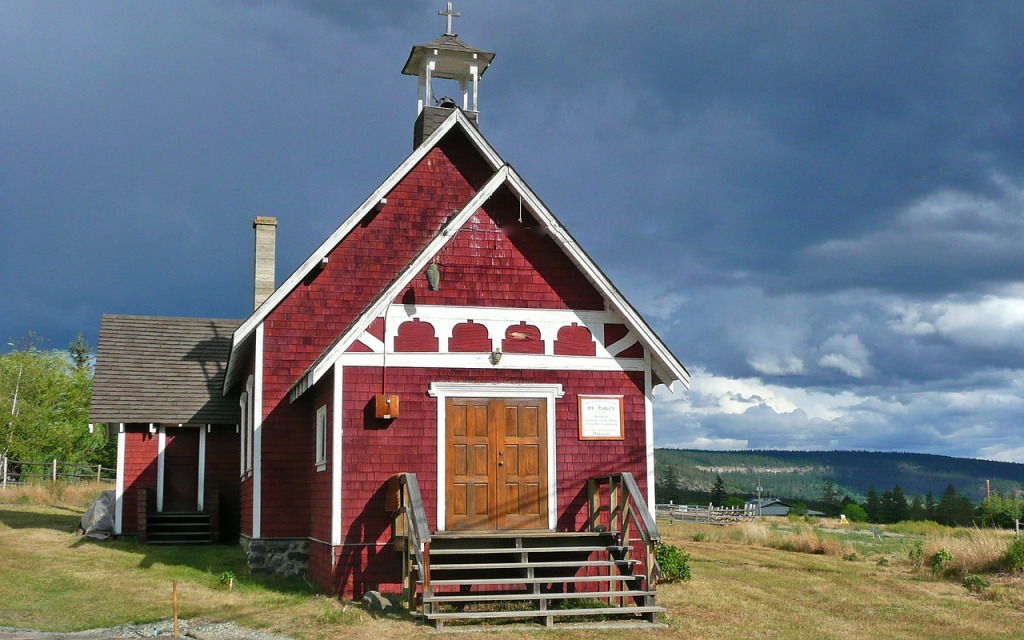By Franklin Dumond
The bi-vocational pastor serves the church while also working as a business owner or as an employee in the secular world. This New Testament pattern of tent-making ministry remains a fact of life for many small to mid-sized churches in the 21st century. Nevertheless, the bi-vocational pastor faces the tension of balancing company time with church time while being fair to both.
A number of variables determine how much time a bi-vocational pastor may give to the church.
- Some bi-vocational pastors are, for all practical purposes, full-time since their business or professional life offers broad discretion in their time usage. They are able to give extended periods of time to the church or to easily and quickly adjust their work schedules to meet the emergency demands of the congregation.
- Many congregations with bi-vocational pastors only offer programs and ministries that
 are connected to the stated worship times of the church. For many of them the church building is empty most of the time. This generally reduces the time demands placed on the pastor. These pastors work a full time job and still easily meet the limited demands of the church since most of those time demands are ‘church’ times.
are connected to the stated worship times of the church. For many of them the church building is empty most of the time. This generally reduces the time demands placed on the pastor. These pastors work a full time job and still easily meet the limited demands of the church since most of those time demands are ‘church’ times.
National trends for bi-vocational pastor compensation are difficult to determine. In one study when compensation for part-time senior pastors was reported the average compensation came to a salary of $15.13 per hour with benefits worth an additional $6.88 per hour. The total cost to the church then was $22.01 per hour. These bi-vocational pastors worked at least 15 but not more than 29 hours per week in their ministry assignments providing a range of average salaries of $226 to $441 per week.
A similar 2014 study by the Southern Baptist Convention found that bi-vocational pastors averaged $19,527 in direct compensation (salary and housing). This national average may be discovered on a state by state level by using the tables provided at www.compstudy.lifeway.com.
Many bi-vocational pastors work with their churches to designate the bulk of salary as housing in keeping with the IRS guidelines by which housing allowances are not subject to federal income tax but are subject to self-employment tax.
To ensure that expectations and responsibilities are stated fairly it would be wise for the church to state in the terms of their call what the usual time allocations would be for the part-time or bi-vocational minister. This allows the church to know how time is being used and also protects the pastor from being expected to do full-time ministry on a part-time salary and a part-time schedule.
This article is part four (read part 1, part 2 , or part 3) of a six part series by Dr. Franklin Dumond, Director of Congregational Ministries, on understanding and planning for a pastor’s salary. Check back over the next few weeks (or subscribe using the box to the right) to learn more about the process and intricacies of paying your pastor.
